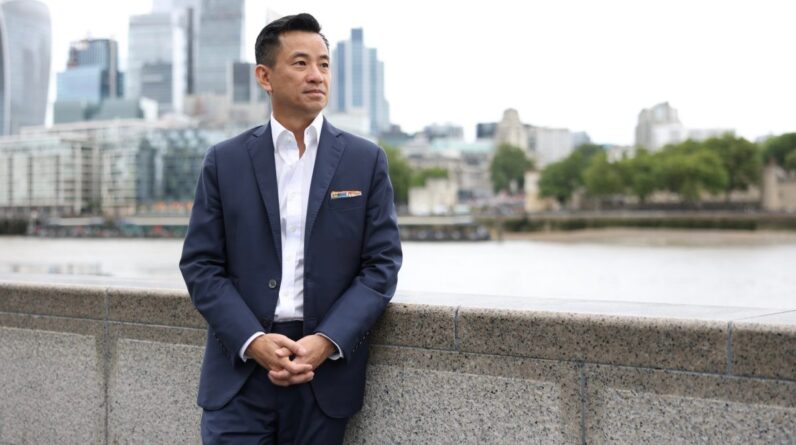
Early in my career, I missed out on promotions even though I worked hard. As an engineer by training, I assumed my success would be performance-based. I mistakenly thought that my value to an organization would be measured solely by my technical skills — how quickly and accurately I could compute the prices of complex financial derivatives.
It wasn’t until years into my banking career that I realized my mistake: I had overlooked image and exposure. Harvey Coleman’s 1996 study on career advancement revealed that career success depends on a combination of performance, image, and exposure (PIE). In fact, only 10% of success correlates to performance, while image accounts for 30%, and exposure for a staggering 60%.
If you’re delivering results but are still being passed over for promotions, it’s time to take stock of the missing pieces in your PIE.
Image: Your Reputation at Work
What are you known for at work? In my first job as a foreign exchange (FX) sales professional at a Singapore bank, I didn’t do well because I lacked social skills. Even though I improved my selling skills significantly after a year, the poor impression my colleagues and bosses had of me was fixed. It was difficult to change their minds. If I had stayed on, I would have been a mediocre salesperson at best. So, I left to pursue my master’s in finance.
When I joined Citi in 2001 as a derivatives structurer, I showed a strong interest in teaching. I volunteered to conduct product training for both clients and colleagues. Very quickly, I built a reputation not just as a skilled structurer but also as an excellent trainer. This reputation led to invitations from sales heads across Asia to train their teams and customers, significantly enhancing my personal brand.

How to Build Your Personal Brand
Develop a signature skill, something that is different from your core expertise but can be incorporated into your work.
For instance, if you’re a junior research analyst in an asset management company, you could develop video editing skills. By offering to shoot and edit videos for senior colleagues presenting at investment conferences, you will be seen as a valuable team player whom they want to bring along to events.
If you have already worked at your current company for more than a year, changing your internal brand can be a challenge. I suggest focusing on developing your external brand and letting it influence your internal standing.
Volunteering with a CFA society, organizing events, or serving as a speaker liaison are great ways to do this. I am proud to be a speaker at the CFA Institute LIVE 2025 event in Chicago next May. Share these experiences on LinkedIn and other outlets, as I do, to showcase your capabilities as a master networker or organizer. Your employer will see you in a different light. Learn to be a storyteller. Stories resonate more deeply than facts and figures. Use your stories to let people know about your personality, abilities, and values. They are crucial parts of your personal brand.

Exposure: How Well Do People Know You?
Exposure is about ensuring that the right people — your colleagues and senior leaders — are aware of your contributions. Without visibility, you won’t get promoted.
I learned this the hard way. When I was a vice president (VP, a mid-level rank) at an American bank, my boss went on holiday and asked me to present the weekly market update to the sales and structuring teams across Asia on his behalf. I told him I couldn’t host the meeting because I was busy preparing for my professional exams. But this was just an excuse. In reality, I feared public speaking. He got another VP to do it instead. By year-end, when it came to promotion nominations, guess who my manager chose to promote to director level? That’s right, not me, but the other VP.
If you perform well in your job but don’t speak up in meetings, you’re making it difficult for managers to know about your work. Even if your own boss wants to promote you, no one else in the company will support you because they hardly know you. It comes down to this simple equation:
How good you are × Your presentation skills = How good people think you are
So not only must you do good work, but you must also seize opportunities to let people know about the work you do.
How to Increase Exposure
- Speak Up During Meetings: Share your insights, ask thoughtful questions, and make sure your voice is heard.
- Volunteer for High-Visibility Tasks: For example, offer to emcee the company’s annual dinner.
- Pursue International Opportunities: Internal transfers to different offices or countries can significantly boost your exposure. I worked in London and Hong Kong during my career, and these stints allowed me to build relationships with global leaders.
- Engage with the Global Community: Attend CFA events outside your home country to connect with a broader network.
Complete Your PIE
Promotions require more than just hard work and results. By mastering the PIE framework, you’ll position yourself for long-term career success.






